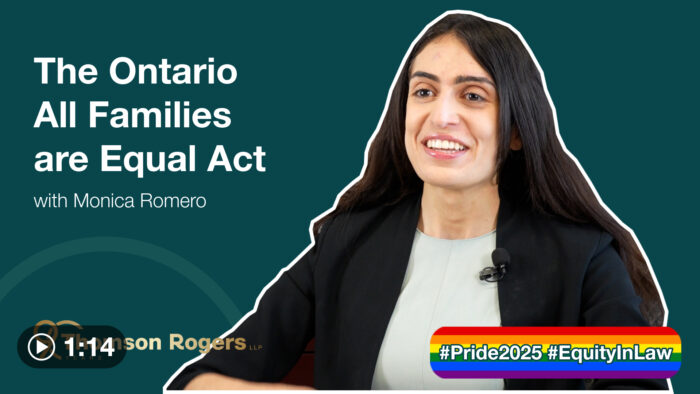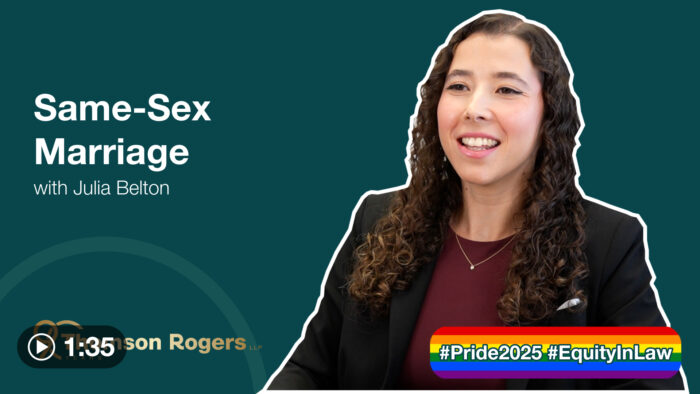ONCE A PERSONAL SUPPORT WORKER, ALWAYS A PERSONAL SUPPORT WORKER
Author(s): Stacey L. Stevens*
March 1, 2018
On December 6, 2017, Adjudicator Go confirmed that an insured is entitled to be paid attendant care benefit regardless of whether the Personal Support Worker (PSW) was working in his/her field at the time of the collision.
In J.C.C. v. Echelon, 2017 CanLII 85731 (ON LAT) the insured sustained significant orthopaedic injuries in a motorcycle collision. A Form 1 Assessment of Attendant Care found his monthly attendant care needs amounted to over $3,000 per month. The applicant hired Ms. Paula Salazar to provide him with attendant care services. Ms. Salazar was a PSW however, she was working as a lab technician at the time of the collision.
Echelon refused to pay the attendant care benefit and took the position that since Ms. Salazar was not working as a PSW at the time of the collision she was only entitled to be compensated for her actual economic loss. The issue before the LAT was whether the threshold test requiring the care provider be “in the course of the employment occupation or profession” meant that the person must exclusively be employed as a health professional in order for the insured to receive the maximum amount of benefits.
Adjudicator Go firmly rejected Echelon’s argument and found that
“the phrase “ordinarily engaged in” is not restricted to employment, but also includes profession and occupation, which can be demonstrated through training and professional certification”.
Further, she went on to state that
“The Schedule does not provide that the care provider must be exclusively employed as a health professional for an insured person to obtain the maximum amount of benefits. Nor is the provision limited to a health professional who is engaged in the profession through employment alone”.
In this case, the fact that Ms. Salazar was able to demonstrate that she was a PSW through training and professional certification, and had worked as a PSW in the past, this was sufficient evidence to meet the definition of incurred.
Since the resurrection of the definition of incurred, insurers have been interpreting this section of the Statutory Accident Benefits Schedule (SABS) in such as way as to shrink this definition as much as possible. This decision, along with the decision of Adjudicator Truong in A.P and Coseco Insurance Company, 2017 16-004363/AABS which found that “just because the professional service provider may be a family member or friend also does not automatically exclude them from eligibility for payment” will assist injured accident victims with accessing the benefits they are entitled to.
If you have any questions, please contact personal injury lawyer Stacey Stevens at 416-868-3186 or by EMAIL.
Read the article in PDF format: Accident Benefit Reporter Updater, Issue 44
Share this






